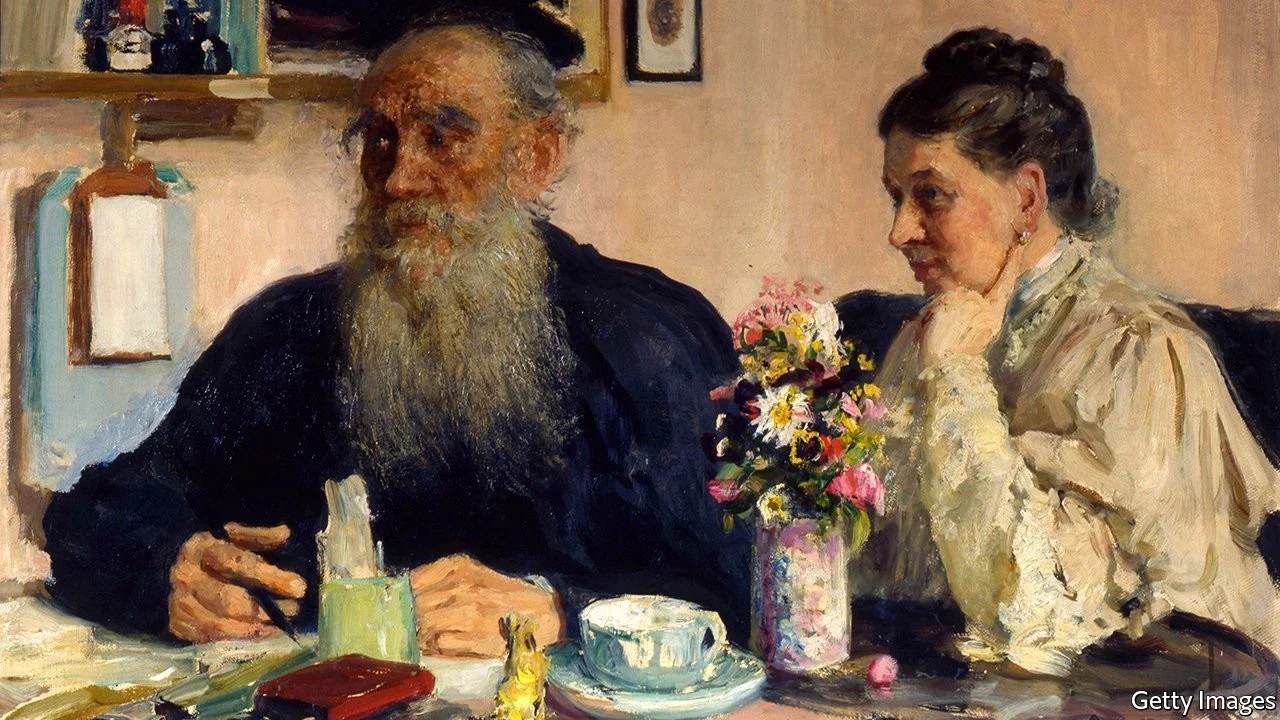Leo Tolstoy Archive
Written: 1862
Source: From RevoltLib.com
Transcription/Markup: Andy Carloff
Online Source: RevoltLib.com; 2021

In the first and second classes the choice of compositions is granted the scholars. The favorite subject for these boys are the Old Testament stories, which they will write two months after they have been related by the teacher.
The first class not long ago began to write on New Testament history, but this was not nearly so successful as the Old; they even made more mistakes in spelling in it. They did not understand it so well. In the first class we tried compositions written on given themes. The early themes, which, by the most natural process, first came into our heads, were descriptions of simple objects, such as corn, a cottage, a tree, etc.; but to our extreme amazement their labors on these subjects almost brought the tears into the pupils' eyes, and in spite of the help of the teacher, who divided the description of corn into the description of its growth, or of its manufacture, or about its use, they strenuously refused to write on themes of such a nature; and if they wrote, they made incomprehensible and most ridiculous mistakes in spelling, in language, and in ideas.
We tried the experiment of giving up compositions on such subjects, and all were as delighted as if we had bestowed a gift on them. Compositions on socalled simple subjects, so much affected in schools, such as a pig, a kettle, a table, seemed immeasurably more difficult than the writing of whole stories based on their own experiences.
One and the same mistake is always repeated as in all other matters of instruction the simplest and most common seems to the teacher to be easiest, while to the pupil only the complicated and vivid seems easy.
All the text-books of natural sciences begin with general principles, text-books of language with definitions, history with divisions into periods, even geometry with definitions of such abstract concepts as space and the mathematical point.
Almost all teachers, guiding themselves along such a path of thought, give out for their first subjects of composition the definition of a table or a bench, and cannot persuade themselves that for the description of a table or a bench one needs to stand on the very highest plane of philosophical and dialectical development, and that the same lad who is shedding tears over his composition about tables or benches will describe admirably the sentiment of love or hate, the meeting of Joseph and his brethren, or a squabble among his companions.
The subjects which they best like to write about are the description of events which have taken place under their own eyes, or the repetition of stories which they have heard.
The writing of compositions has come to be their favorite exercise. Outside of school, as soon as the older scholars have got hold of paper and pencils, they write, not Milostivui, "Dear Sir," but a story of their own composition.
At first I was troubled by the irregularity and sense of disproportion in the form of the compositions. I gave them such directions as I thought were necessary, but they absolutely mistook my meaning, and the affair went badly; it seemed as if they were unwilling to recognize any other necessity upon them than that there should be no mistakes. Now, however, the time has come when they themselves often complain when a composition is stretched out, or when there are frequent repetitions or jumps from one subject to another. It would be hard to decide wherein their demands are founded, but their demands are law.
"Nonsense!" some of them cry, when they hear the composition of some schoolmate; some are unwilling to read their own after hearing the reading of a composition which has struck them as good; some will tear their copybooks from the teacher's hand, dissatisfied that they did not sound as they expected, and will read them themselves.
Different natures are so sharply expressed that we used to try the experiment of having the scholars guess who wrote such and such a composition, and in the first class they rarely made a mistake in their selection.